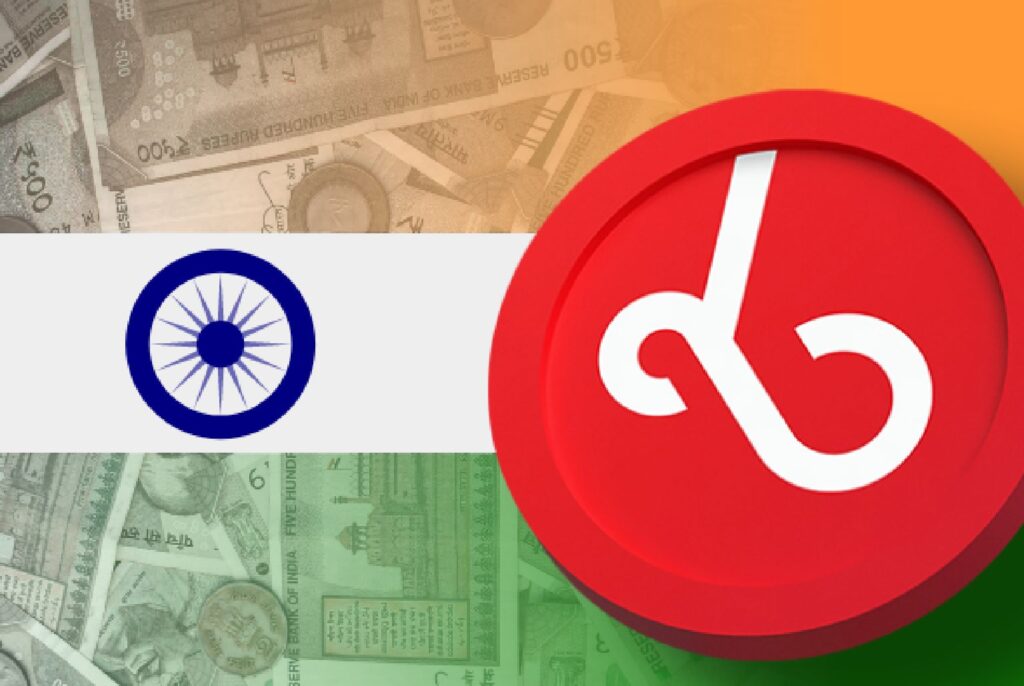The growing popularity of digital payments combined with the push by the government toward a cashless economy is driving the growth of cryptocurrencies in India, as well as driving an increase in payments digital payments.
Many people are using mobile wallets and digital payment platforms to pay for goods and services and are finding fertile ground in the fact that India is home to the world’s second largest market of smartphones, with more than 1 billion users, absolutely at comfortable with digital payments and who have the technology necessary to invest in cryptocurrencies.
All this is happening in a rather contentious political environment, where the government is historically skeptical of the sector and with the Reserve Bank of India (RBI) issuing a circular in 2018 that prohibits banks from dealing in cryptocurrencies. This initially had a direct impact, as it led to a temporary drop in the value of cryptocurrencies in India. Recall also that Indian authorities have banned advertising and sponsorship of cryptocurrencies in the local league in both women’s cricket and the Premier League of men’s cricket.
The government, though, does not seem able to curb the growth of fintech the whose companies are increasingly using blockchain technology to create innovative financial products and services. These companies are leveraging cryptocurrencies to enable peer-to-peer payments, transactions cross-border and micropayments. It follows that with the growth of fintech in India, cryptocurrencies are likely to play an increasingly more important in the financial ecosystem, so much so that by 2023, India will have three times more cryptocurrency users than the United States, Japan, United Kingdom and Russia combined.”
Overall, global cryptocurrency users are expected to will rise to 293 million from the current 257 million users in 2022. Undoubtedly, the United States has a share of less than 10 percent in the global user count, and this number could potentially decline further due to increased scrutiny by the Authority, while India will play a key role, increasingly decisive.









